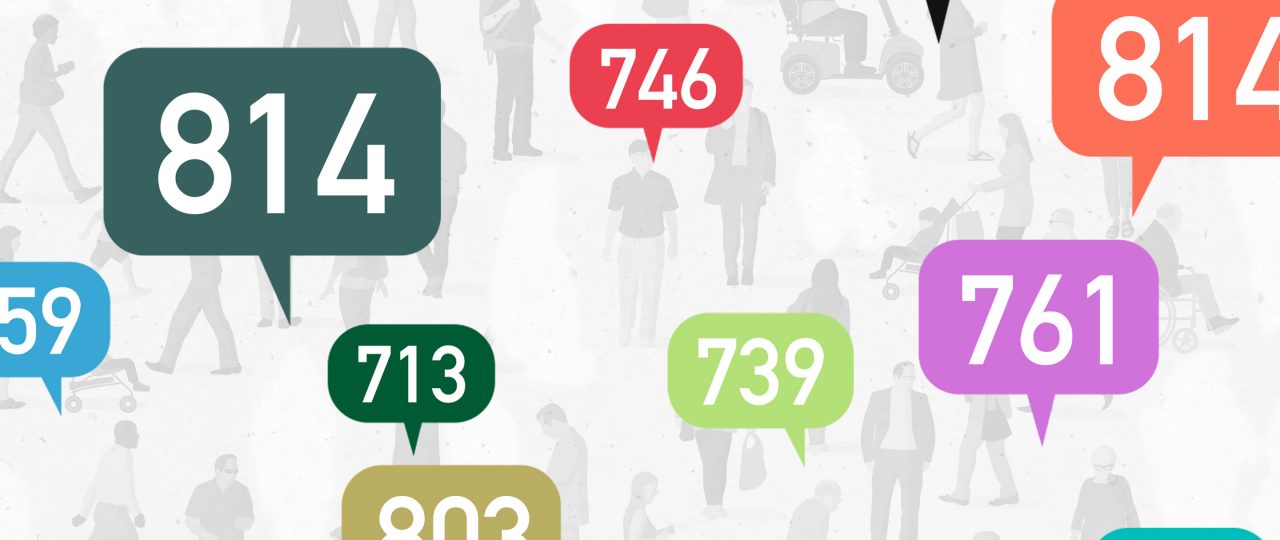The Lowdown on Credit Score
A credit score is defined as a number, ranges from 300 to 850, used by lenders to determine the risk of loaning money to a given borrower. It represents the creditworthiness of an individual. Lenders such as auto dealers, credit card companies, and mortgage bankers will first check your credit score before deciding if they will accept or decline your application, how much they are willing to loan you and at what interest rate to give. Having an excellent credit score will guarantee loan approval and you will be in better position to negotiate your interest rates.
Your credit scores and credit reports can also be accessed by different organizations such as an insurance company or utility provider. Employers and landlords may also look at your credit score to see how financially responsible you are. Although it seems that everyone can have access to your credit scores, report is only given to institutions with legitimate need of it.
A credit bureau is an entity that collects credit data from various creditors and provide this information to a consumer reporting agency. The three major credit bureaus in America are Experian, Equifax, and TransUnion. FICO (Fair, Isaac and Company), a consumer reporting agency, and its scoring system is the widely used (90% as per their website) by top lenders in the U.S.
“Pay your bills on time.” A financial mantra that sounds easy enough to follow but when life throws you lemons, personal finances get put on the back burner.
Your payment history comprises 35 percent of the total credit score and the most important component that can affect your credit score calculations. Lenders want to see your long-term past behavior on bill payments and the biggest determining factor if you can be trusted to repay funds that are loaned to you. Obviously, a person who has history of bad debts or late payments will have a tougher chance getting a new loan with competitive rates compared to someone who never miss paying.
Payment histories considered are both for revolving loans such as credit cards, and installment loans such as mortgages or student loans. Paying late definitely affects your score and the later you pay – 30, 60 or 90 days after due date, the worse it is for your scores. If any of your accounts has been sent to creditors, that raises a big flag to lenders that you can’t keep up with your bills.
